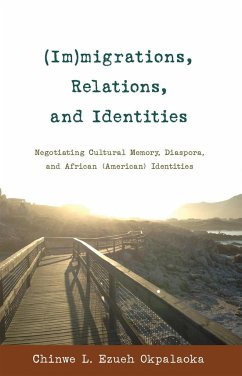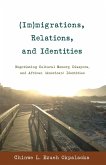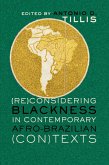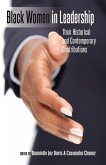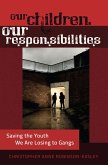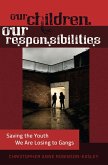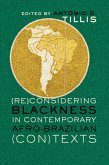The movement and dispersion of African ascendant peoples around the globe has been historically rooted in struggle and oppression. Whether through slavery, colonialism, or the economic fallout of both, we are always in a state of renegotiating and recreating identities wherever we have found ourselves in the Diaspora. In our displacement, contestations have arisen about which groups have the most legitimate claim to the continent of Africa. The issues that arise include naming (the names we bear and naming the feminist spirit in which Black women do work on behalf of each other), African identities (who is really an African?), cultural memory (how do the ways we remember and the things we remember shape who we are as African ascendant people?), and what methodologies best serve the work we do on behalf of African people. (Im)migrations, Relations, and Identities thoughtfully researches and discusses these issues.
«Okpalaoka piques her readers' interest and prompts further investigation; it is a significant contribution. A call for further inquiry does not detract from the value of this work, but attests to its generative quality. Good books, like good conversations, prompt more questions than they answer and keep dialogue moving forward.» (Kathleen Corley, Teachers College Record, October 2014)

